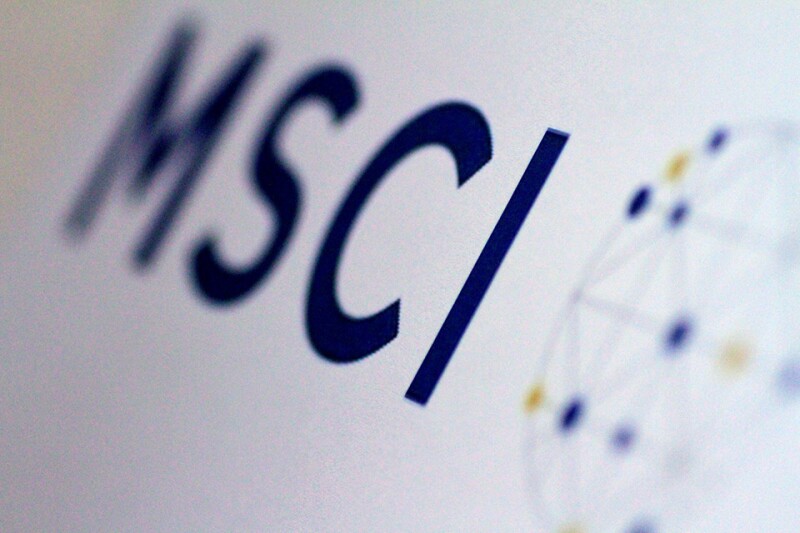
When is short selling a necessary curb on errant investor practices and when is it market protection? That is the issue South Korea's financial markets are wrestling with after a controversial ban.
In November, the country’s Financial Services Commission (FSC) imposed a ban on short-selling until June (at least), reviving a ban previously lifted in May 2021 for large-cap stocks.
This is not a huge surprise – even after the 2021 lift, many stocks remained protected from short selling – but it raises questions about the openness of one of Asia’s most important bourses, with a market capitalization of $1.61 trillion as of October.
FSC chairman Kim Joo-hyun said in November that “the measure is aimed at fundamentally easing the tilted playing field between institutional and retail investors.
“Amid continued uncertainty in financial markets, major foreign investment banks have been engaged as a matter of practice in unfair trades… and we determined that it would be impossible to maintain fair trading discipline.”
It is perhaps useful to distinguish between various forms of short selling. Much of the world has agreed since the global financial crisis that naked short selling – in which an investor shorts shares without first borrowing them, or even establishing that they can be borrowed – is a bad thing. Korea bans naked short selling, as do many other developed markets. Earlier this year Credit Suisse was among a number of houses fined for naked short selling.
The retail bloc in Korea is not only a potent market force but a voting force, influential in Korea’s democracy
But this is a ban on all short selling, including the more conventional kind where an investor first borrows the stock it wishes to short. This has become a mainstay of developed market trading and is credited with stopping market bubbles from developing and instilling market discipline.
In India, for example, it has been widely suggested that a more widespread ability to short – as opposed to the restricted and impractical methods available today – would have avoided the Adani scandal earlier this year.
Bankers in Seoul find the new ban unnecessarily restrictive and believe it will damage the country in the long run. They argue that an efficient market requires the ability to take a short as well as a long position, and that foreign investors expect to have that facility if they commit to participating in a market.
One thing this measure illustrates is the strength of the retail bloc in Korea. It is not only a potent market force but a voting force, influential in Korea’s democracy. Voting for the National Assembly takes place in April.
There are 14.2 million retail investors in the country, according to the latest available data from the Korea Securities Depository. That is more than a quarter of the nation’s population. The 56.1 billion shares they hold represent about half the total free-float in the market. Korean retail investors are vocal and have a representative group, the KSA, which has often resorted to protest.
Later in November, the FSC suggested it would also relax restrictions on retail stock borrowing when the ban lifts, bringing equality with institutional investors.
MSCI upgrade
The other consideration at play is research firm MSCI. Korea wants to join MSCI’s developed market indices, a condition of which is the ability to short sell. Just as Vietnam won’t be elevated from frontier to emerging-market status until it addresses specific issues around foreign ownership caps, Korea won’t move from emerging- to developed-market status if short selling is banned. That, in turn, has an impact on the likelihood of foreign investors participating in the market.
In truth, an upgrade wasn’t immediately on the horizon: in the latest classification announcement in June, MSCI did not add Korea to its watchlist for potential reclassification. But the shorting ban won’t help its case.
Perhaps this will be a relatively short discussion. Don’t be surprised if restrictions are lifted swiftly after April’s elections.